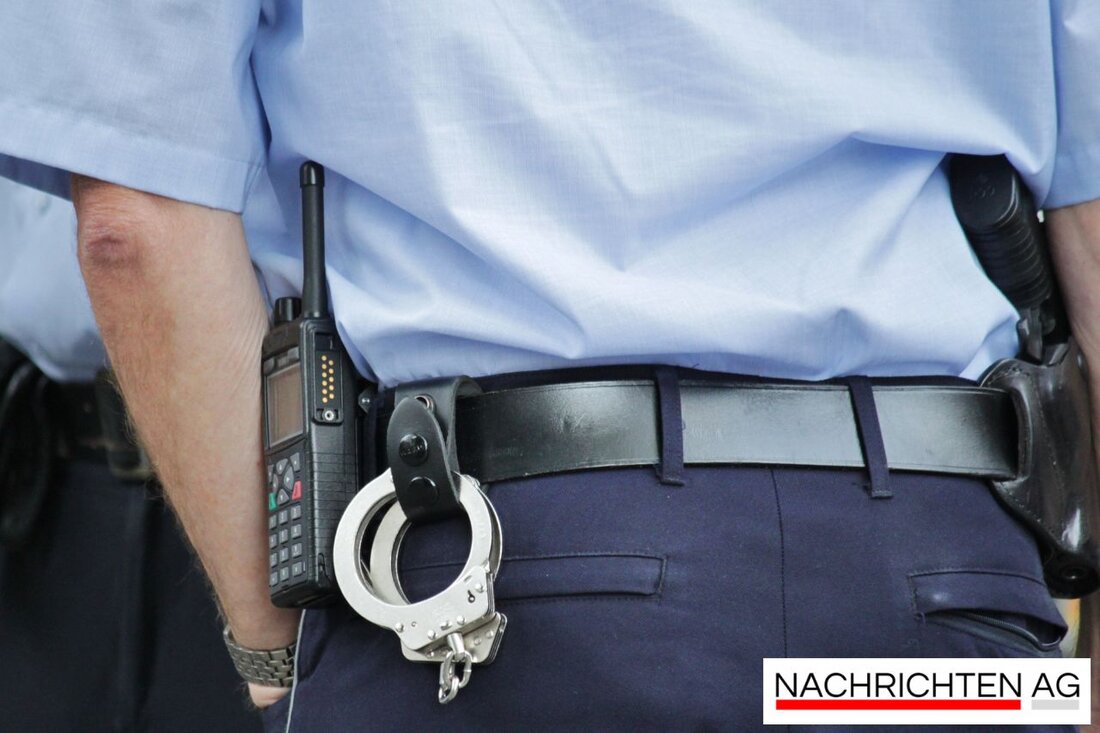Böller ban remains unresolved: Interior Ministers' Conference is postponed!
In Berlin, interior senator Iris Spranger demanded a ban on firecrackers, but the Interior Ministers' Conference did not make a decision.

Böller ban remains unresolved: Interior Ministers' Conference is postponed!
At the recent Interior Ministers' Conference of the federal and state governments on June 11, 2025, a decision on a targeted fireplace ban failed to do so. Berlin, represented by the Senator Iris Spranger (SPD), had requested such a ban and was disappointed with the missing political decision. Spranger emphasized that a ban on firecrackers was necessary to increase security on New Year's Eve and to counteract the continued trend of violence and accidents by fireworks. This is all the more important after the New Year's Eve 2024/25 was described as "particularly devastating", in which there were five deaths due to firecrackers.
Federal Minister of the Interior Alexander Dobrindt (CSU) announced that the federal states will be invited to a new discussion, since the topic remains on the agenda. The Bremen Senator Ulrich Mäurer (SPD) plans to start a new attempt until the autumn conference. In this regard, the police union (GdP) was concerned and was disappointed that the interior ministries have not yet reacted accordingly in order to address the increasing spiral of violence on New Year's Eve, as GDP spokesman Benjamin Jendro noted.
arguments for and against a firing ban
According to reports, the GdP leads a ban on firecrackers in the Netherlands as an example, which should come into force there from 2026/27. The union sees the upcoming Interior Ministers' Conference as an opportunity to discuss similar measures in Germany. Current demands for a ban are supported by several organizations, including the German Environmental Aid (DUH) and the Federal Medical Association. The DUH has handed over over 1.9 million signatures for a general ban on firecrackers for security and environmental protection reasons to the Federal Ministry of the InteriorA general ban on firecrackers could change the sales and ignition times for fireworks, which are currently only allowed between December 29 and 31. The topic is controversial because the federal government has spoken out against a general ban due to legal and economic concerns. Critics argue that a ban would be difficult to enforce and that the economic effects for the pyrotechnical industry would result in high sales in the last few days before New Year's Eve. Nevertheless, 58% of the respondents of a current survey support a ban on firecrackers.
attacks and social effects
In the past New Year's Eve, there were numerous incidents: criminal attacks on emergency services as well as a variety of fires and injuries due to improper use of pyrotechnics ensured great security concerns. A complete ban on firecrackers would eliminate exceptions for certain times and places and could possibly lead to a change in the first regulation to the explosive law that the Federal Ministry of the Interior could initiate. For many citizens, however, such a ban is not only a question of security, but also a weighing up between individual freedoms and the protection of people, animals and the environment.
The discussion about a ban on firecrackers remains currently in the political landscape, while society increasingly deals with the associated dangers, but also the cultural traditions that are related to New Year's fireworks. A clear consensus about the advantages and disadvantages still seems unmatched.

 Suche
Suche
